Review: BMW i3 ( 2014 – 2022 )
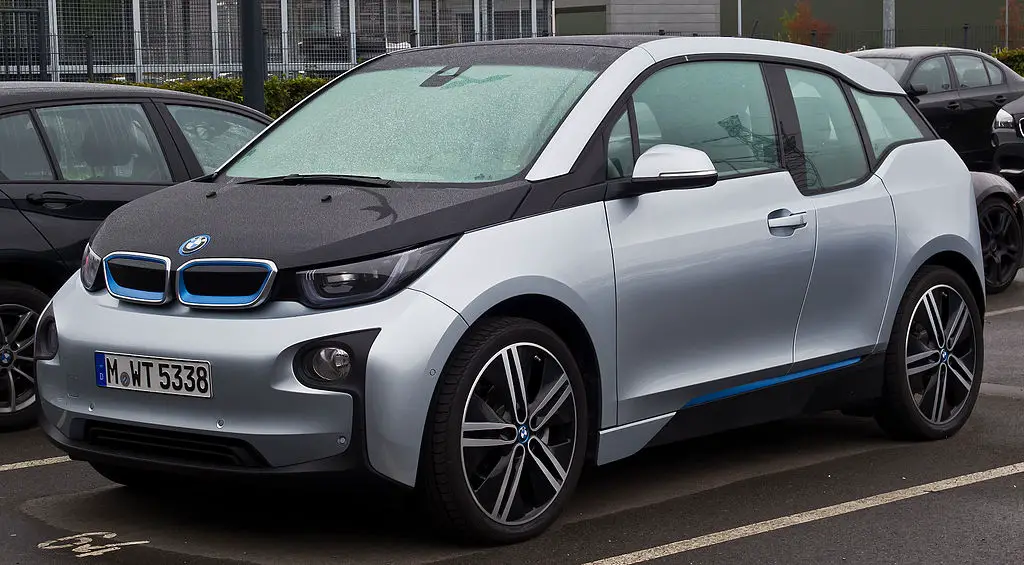
Drop the mic and get on the pole. The BMW i3 has somehow managed the feat of being the most revolutionary BMW car of recent times but also the BMW with the worst depreciation.
No one was prepared in 2013 when BMW announced the i3 and certainly no one would have expected what would come after the BMW i3. It’s 2013, and in the electric vehicle market we have the Renault ZoE, Nissan Leaf, the hybrid Prius and that’s about it. The big manufacturers still don’t take the electric vehicle sector seriously, just like no one took the veganism seriously in it’s hay-day. Get it? Hay day? No? I shall escort myself out? Ok. But the world is starting to give more importance to electric and hybrid vehicles, just as cross-fit is starting to gain momentum.
And then in 2013 it happened. BMW came out and announced that the electric revolution was beginning and they launched the BMW i8 and BMW i3 at the same time. The BMW i8 we’ll probably talk about when it costs 5000 euros, but that animal was an exercise in a sport hybrid car, and the BMW i3 was their first exercise in a fully electric car. And today, in 2022 pretty much all BMW models have a hybrid or full electric option. And all the craziness is due to the BMW i3.
The looks weren’t for everyone and the price definitely wasn’t for everyone, with this thing ending up costing as much as €55,000. To put things in perspective, a full BMW i3 would cost as much as a entry-level X5 or a Touareg with some options on it. No wonder there are less than 1000 models for sale on mobile.de at the time of writing this article. Seriously, I’d be more surprised if the likes of Captain Raymond Holt made a good joke than to find out that the BMW i3 didn’t sell. And it probably didn’t even need to sell necessarily, because it was a technological exercise rather than a real car.
Instead, we got something interesting and unique for an electric car, namely the optional Range Extender. The idea was that you could buy a dishwasher engine ( 647 cc ) with 33 horsepower and a 9-liter tank of petrol. That meant you had a range of about 50 km, over and above the 150-180 kms range of the battery. That’s when the Range Extender was working.
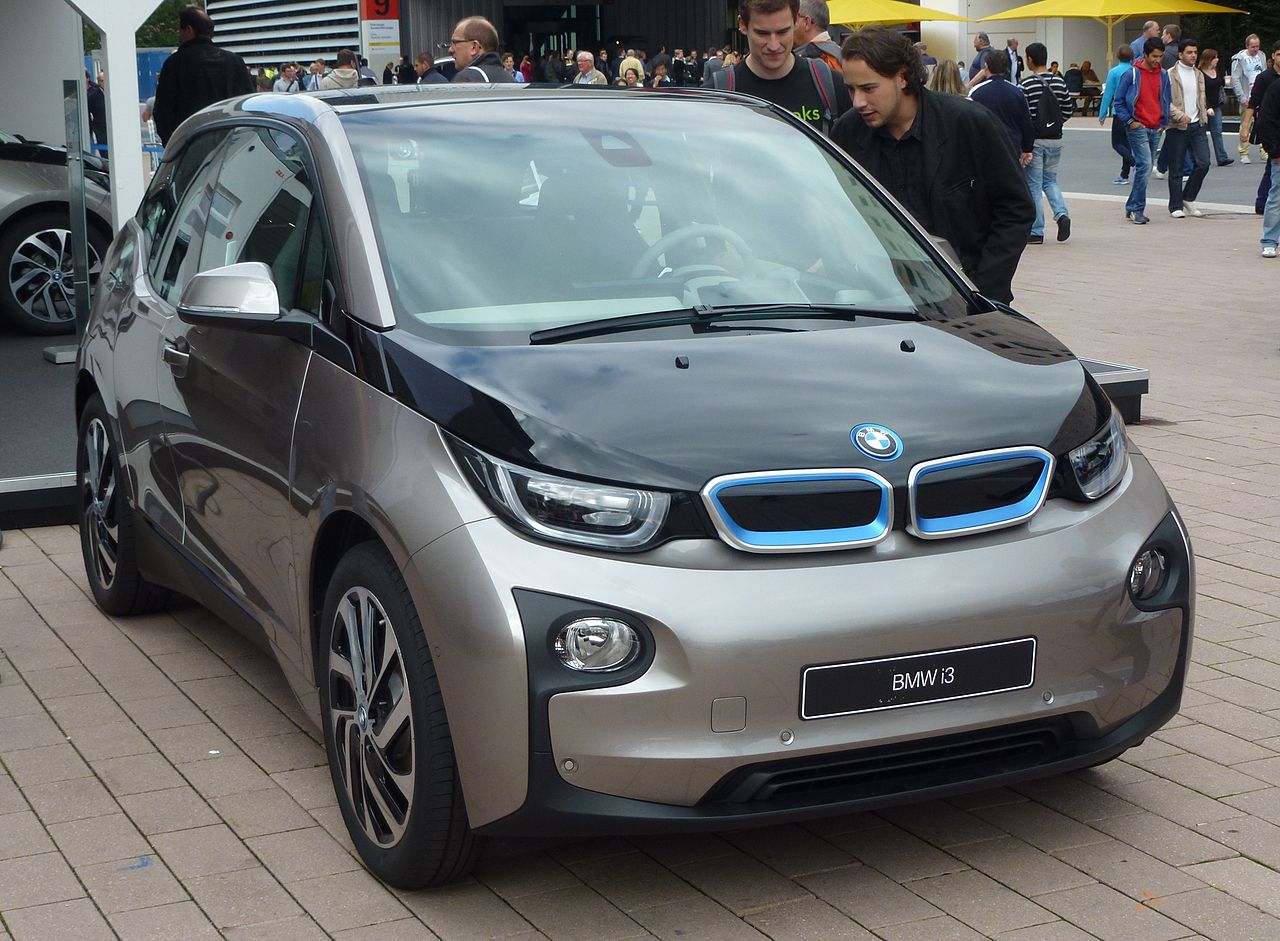
BMW i3 Engines
Electric
Electric motor of 102, 170, and 184 horsepower – Unlike conventional engines, here power is strictly determined by how much money you are willing to spend. Only the battery capacity and motor power and range differ, starting from a modest 130 km to a respectable 322 km. When the batteries were new at least.
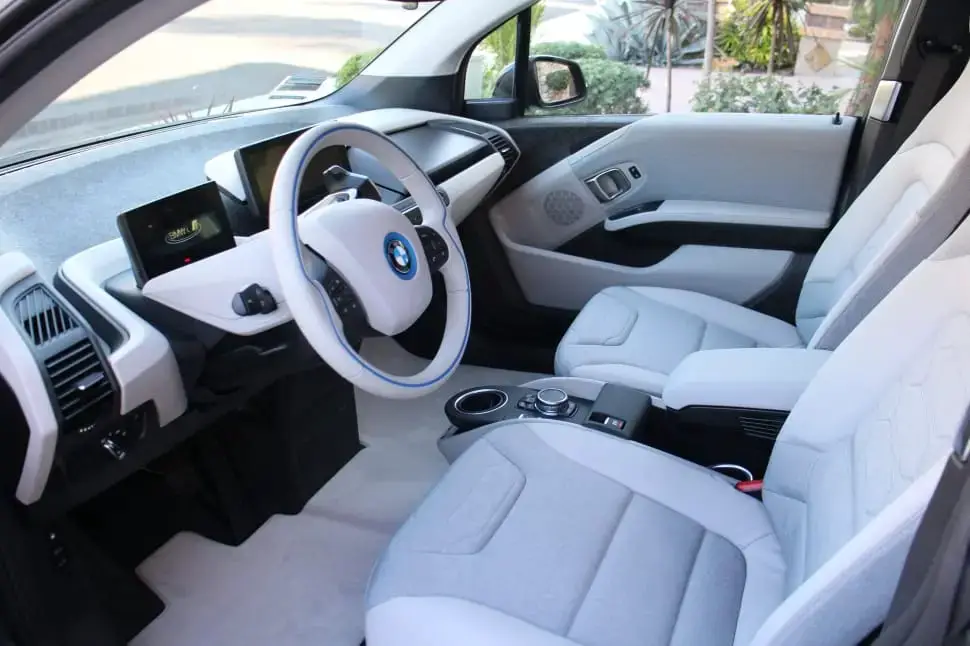
BMW I3 General Issues
- Steering is noisy due to heavy duty bearings and it’s also very sensitive to tires, size, brand, and even pressure. It’s easier to ride on bricks. Or just install Debica Frigo2 tires and live with the noise. Or turn up the music.
- The range extender system has activation issues and may not switch completely to petrol or go into limp mode and give a limited performance. That’s why I said the range extender system doesn’t necessarily work all the time, especially on non-facelift models until 2016.
- The circuit board can fail and the car can shut down. Specifically, the circuits can come off the board and you’re left with your pants down, just like I was left at the bare bottom the last time I drove in Kings Norton.
- The engine mounts give up and you can end up with the engine laying on the street. Especially true for pre-2016 models.
- General charging system issues. Normally single-phase charges at 32 amps and 7 kW via 3 wires but if one of them breaks you are left with only 16 amps / 3.7 kW and the charging time increases. But at the end of the day, the BMW i3 is the kind of car owned by the kind of guy who lives in a house with garden and/or driveway and can afford to leave the car on charge overnight. And he usually has another car, for long trips and holidays.
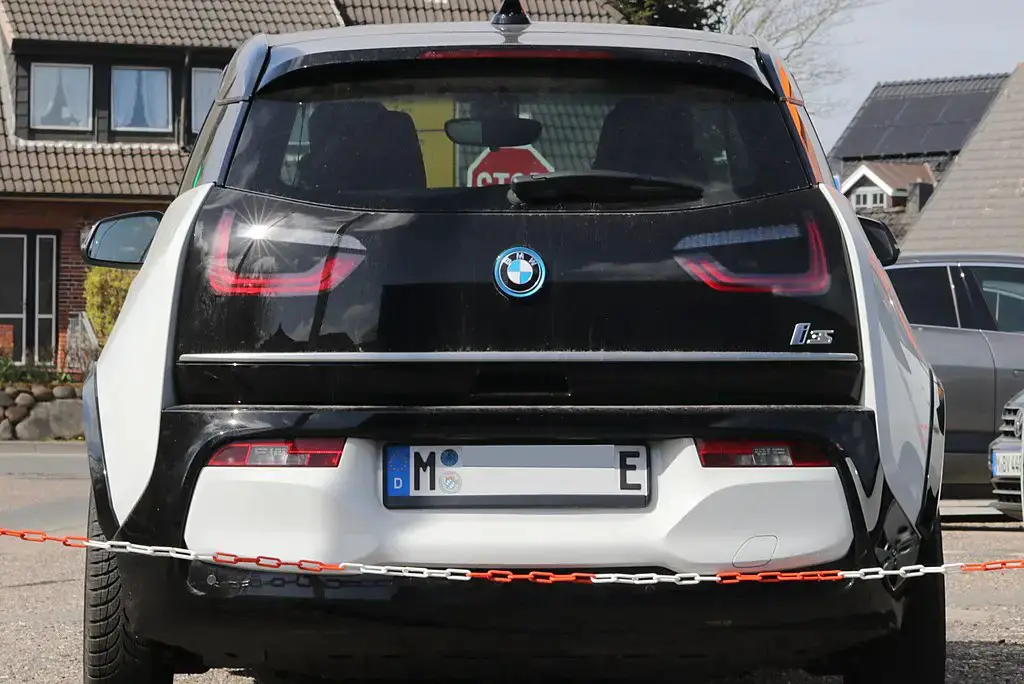
BMW i3 Verdict
The climate experiment on wheels comes to an end in 2022 when BMW announces that the BMW i3 will be completely withdrawn from the market, due to below-expectations sales. Which is partly true. On one hand, the BMW i3 has sold rather poorly but on the other hand, the other BMW electric models have sold much better. It’s just that without the vague BMW i3 we wouldn’t have so many electric models today, which makes me think that the BMW i3 is the bane of the car industry, because it started the electric hysteria in the premium manufacturers. Ah yes, I was saying that the BMW i3 depreciates the most of all modern BMWs, but is it worth the plunge considering the batteries are warranted for 10 years and the oldest models are from 2014?
What engines do you recommend? Personally, I’d get a simple 102-horsepower all-electric, no range extender. It’s not like you would leave the city in one of these.
Similar Articles
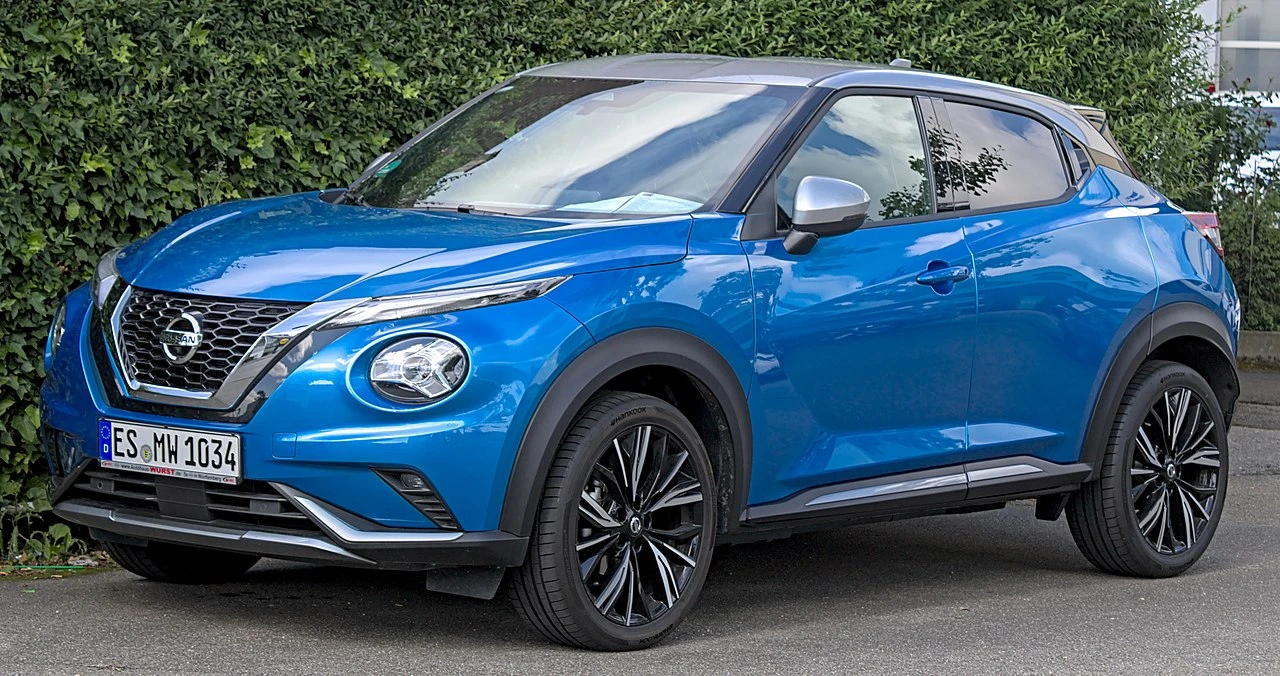
Review : Nissan Juke F16 (2019 – present)
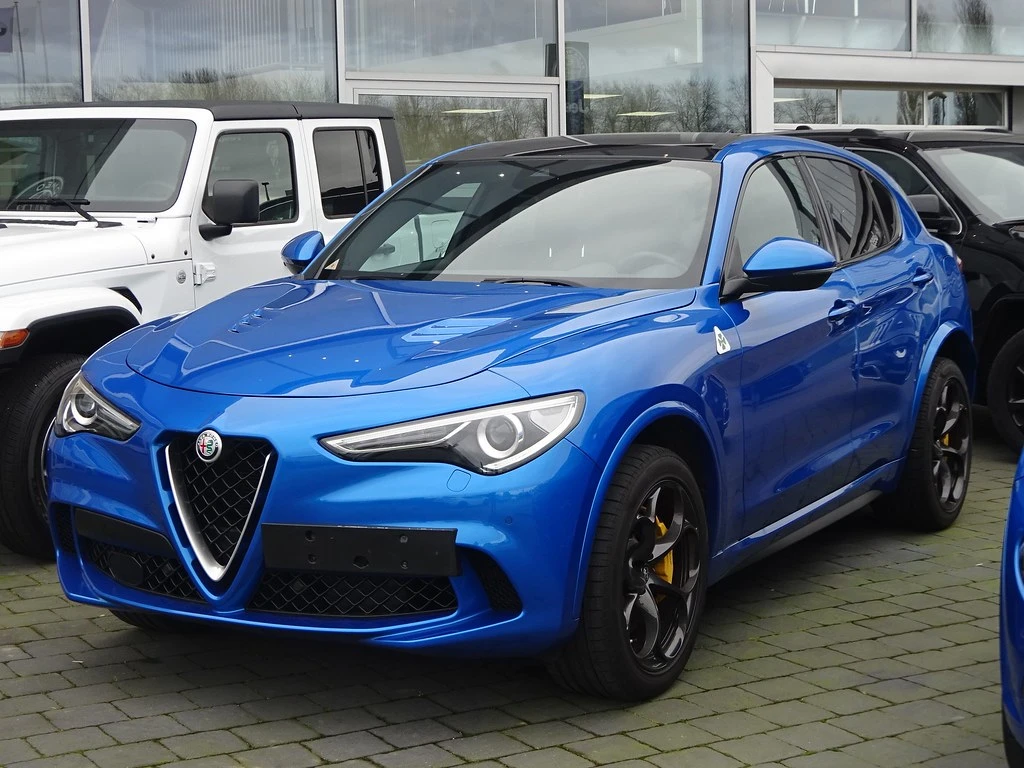
Review : Alfa Romeo Stelvio 949 ( 2017 – prezent )
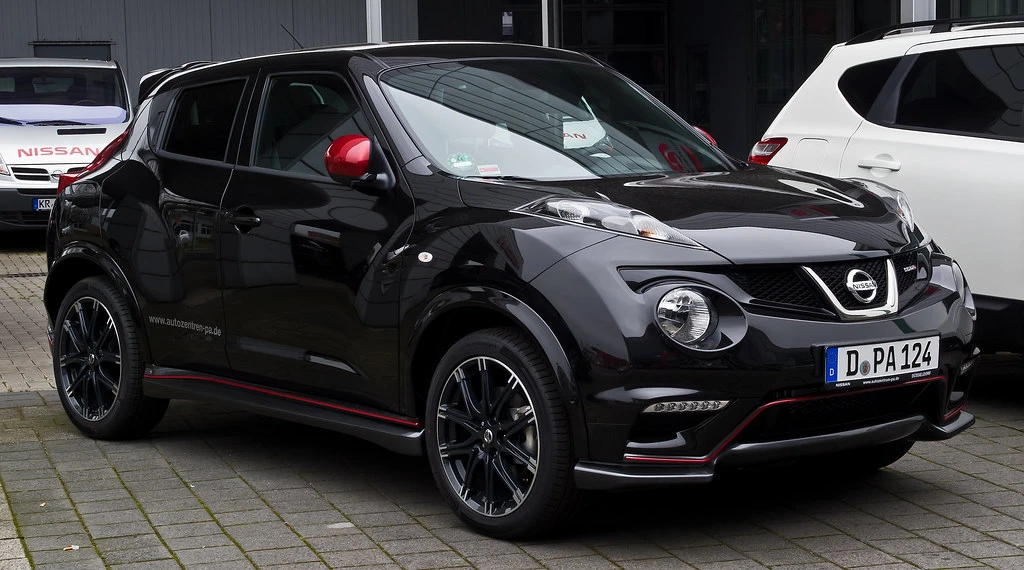
Review : Nissan Juke F15 (2011 – 2019)
Write an answer
- Review : Nissan Juke F16 (2019 – present) 23 February 2025
- Review : Alfa Romeo Stelvio 949 ( 2017 – prezent ) 15 March 2025
- Review : Nissan Juke F15 (2011 – 2019) 23 February 2025
- April 2025
- March 2025
- February 2025
- January 2025
- December 2024
- November 2024
- October 2024
- August 2024
- July 2024
- June 2024
- May 2024
- April 2024
- March 2024
- February 2024
- January 2024
- December 2023
- November 2023
- October 2023
- September 2023
- August 2023
- July 2023
- June 2023
- May 2023
- April 2023
- March 2023
- February 2023
- January 2023
- December 2022
- November 2022
- October 2022
- September 2022
- August 2022
- July 2022
- June 2022
- May 2022
- March 2022
- April 2021
- January 2021
- December 2020
- November 2020
- October 2020
- September 2020
- August 2020
- July 2020
- March 2020